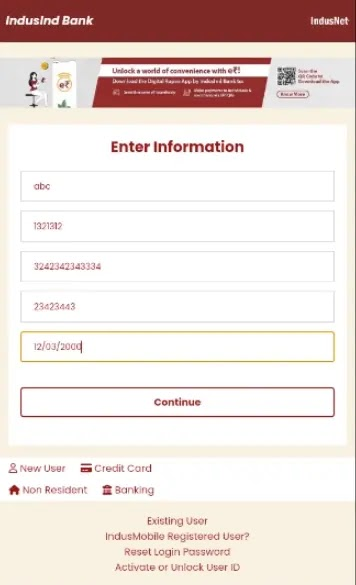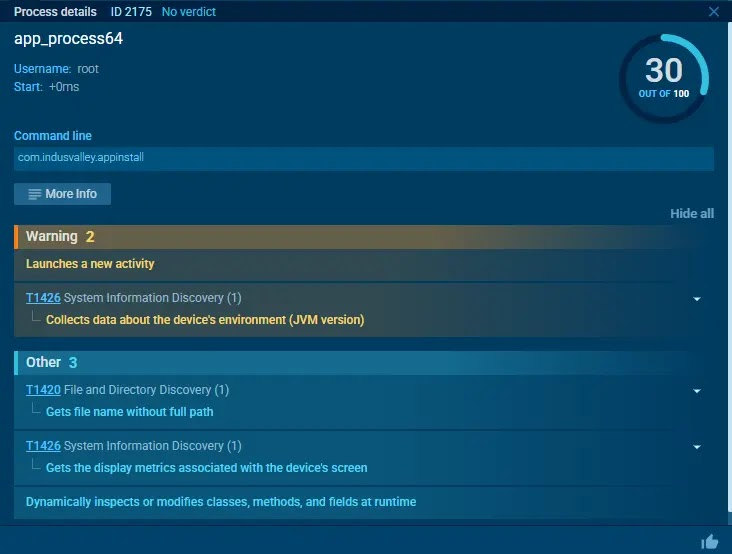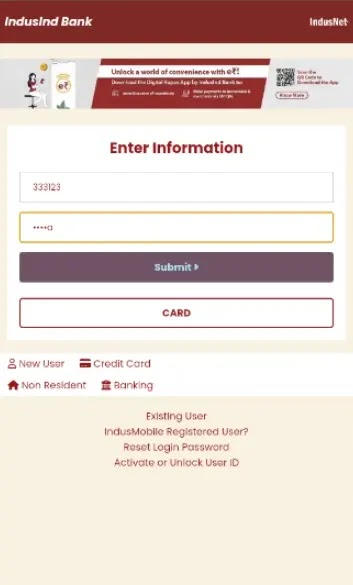New Android Malware ‘Salvador Stealer’ Hijacks Banking Details & OTPs

Cybersecurity researchers have discovered a new Android malware, Salvador Stealer, which is designed to steal banking credentials and one-time passwords (OTPs). This malware pretends to be a legitimate banking app, tricking users into entering sensitive financial details.
- Advanced Phishing Scam – The malware mimics real banking applications to steal login credentials, Aadhaar numbers, PAN card details, and net banking information.

- Two-Stage Infection Process – A dropper APK installs the main banking stealer payload in the background without the user's knowledge.

- Intercepts OTPs from SMS – Salvador Stealer can read incoming SMS messages to capture OTPs sent by banks, allowing hackers to bypass two-factor authentication.

- Multiple Data Theft Channels – The stolen data is sent to a command server and, if that fails, to another backup endpoint.
- Persistent Malware – Even if the user closes the app, the malware restarts itself and even survives device reboots.
How It Works
- User downloads a fake banking app from an untrusted source.
- The app asks for banking details and OTPs, which get stolen in real-time.
- The malware intercepts SMS messages, extracting sensitive banking information.
- The stolen data is sent to attackers using secret communication channels.
Protect Yourself from Salvador Stealer
- Download banking apps only from official stores (Google Play, Apple App Store).
- Do not grant unnecessary SMS or accessibility permissions to unknown apps.
- Use a trusted mobile security solution to detect and block such threats.
- Regularly check for suspicious transactions and update your device software.
Salvador Stealer is a serious threat to Android users, capable of bypassing security measures like OTP authentication. As cybercriminals continue to develop sophisticated attacks, staying cautious while downloading apps and securing devices with trusted cybersecurity solutions like NPAV Mobile Security is essential.
Comment(s)






